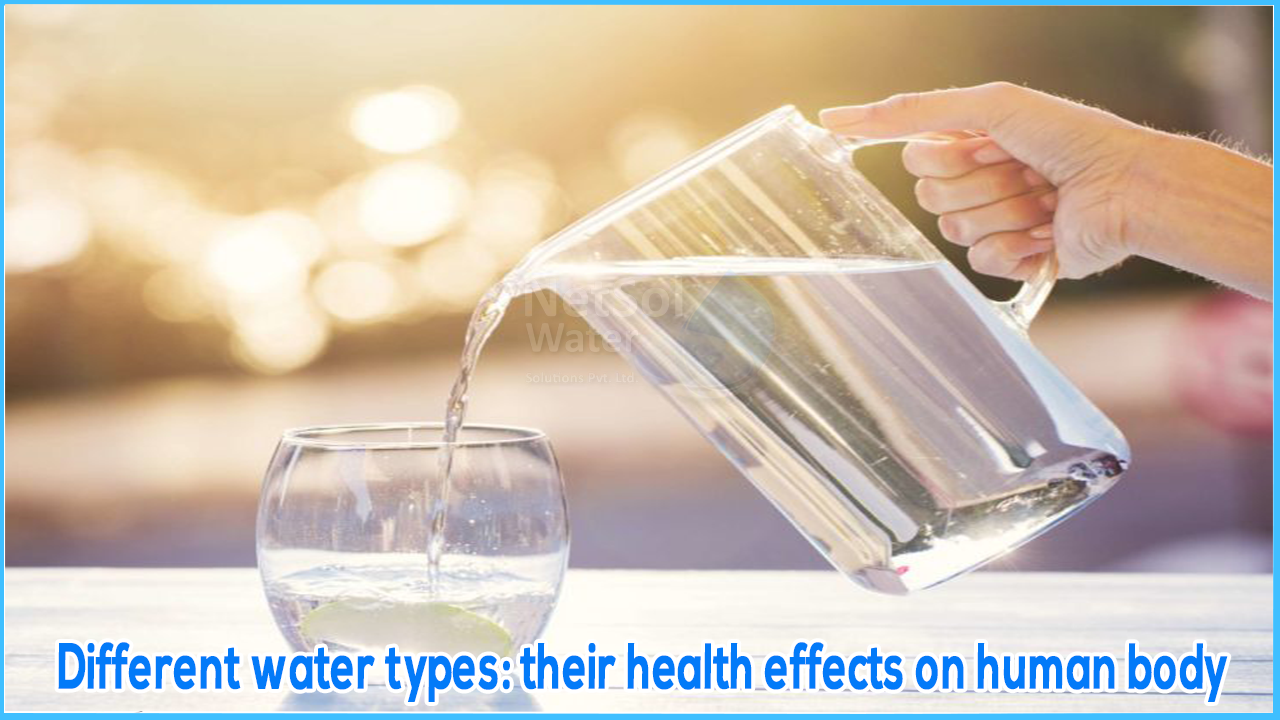Everyone knows how important it is to drink enough of water every day, but that's not all you need know. People generally struggle to grasp which type of water is the greatest because the market is flooded with so many options. Every sort of water on the market comes with its own set of outstanding health benefits. Netsol water solutions are constantly coming up with innovative ways to improve the quality of the water.
- BOTTLED WATER
Bottled water is purified, potable water. It is readily available in the market, in small stores, and probably at every location where users go. The filtered and purified bottled water is a wonderful source of drinking water, especially when travelling. It's a quick and easy way to get clean, safe drinking water.The environmental cost of bottled water is a significant negative. When it takes around 3 litres of water to make 1 litre of bottled water, the cost of the drinking water plant skyrockets. Furthermore, recycling plastic bottles is quite tough. As a result, your plastic bottle is more likely to end up in landfills or oceans, poisoning not only the water but also the aquatic creatures.
- HYDROGEN WATER
The sort of water that contains hydrogen molecules, which acts as potent antioxidants, is known as hydrogen water. These molecules are said to aid in the neutralisation of damaging free radicals that contribute to disease formation, the slowing of ageing, and the reduction of inflammation in the body. The main disadvantage of purchasing this type of water is that it is much more expensive than regular packaged drinking water.
- ALKALINE WATER
Alkaline water is defined as water with a pH of 8 or higher, which is higher than ordinary water. An alkaline diet is becoming more popular as research suggests that it is generally beneficial to one's health. Drinking alkaline water is completely safe. The most significant advantage of alkaline water is that it allows the human body to thrive by allowing it to retain a slightly alkaline pH.
- TAP WATER
Tap water is simply the water that pours out of your water faucet, as the name says. Many countries have a facility where the local government distributes and regulates the water supply. Tap water is normally safe to use for cleaning, laundry, and occasionally even cooking. The most significant benefit of tap water is that it is easy to obtain for the majority of people, is inexpensive, and is usually regarded as a safe water supply.
In India, it is quite difficult to find safe drinking water from the tap. However, it is generally safe for other applications.
- DISTILLED WATER
Deionized or demineralized water is another name for distilled water. Distilled water is the purest form of water available since it is free of ions and minerals. It doesn't have anything in it, good or harmful, which means it doesn't have germs, pollutants, minerals, or nutrients. Because of its high level of purity, it is commonly used in locations like laboratories and industries. If the user wants absolutely pure water, they can even consume it.The most significant advantage of distilled water is that it has the highest purity and is nearly sterile.Because distilled water is the purest form of water, it is difficult to find any risks linked with it. However, it cannot be denied that drinking water devoid of vital minerals or nutrients is not always the greatest option.
- BOILED WATER
Boiling the water before drinking it is a traditional way of screening out pollutants. It is one of the most cost-effective and efficient methods of purifying your drinking water. When you put water in temperatures exceeding 185 degrees F, or 85 degrees Celsius, it will kill most viruses in minutes, according to scientists. Water that has been boiled is considered clean and safe to drink. It is ideal, however, for water that does not come from extremely contaminated places.The risk of boiling drinking water is that you will not be able to remove pesticides, lead, nitrates, or other pollutants. Furthermore, it has a flat flavour that some people dislike.




